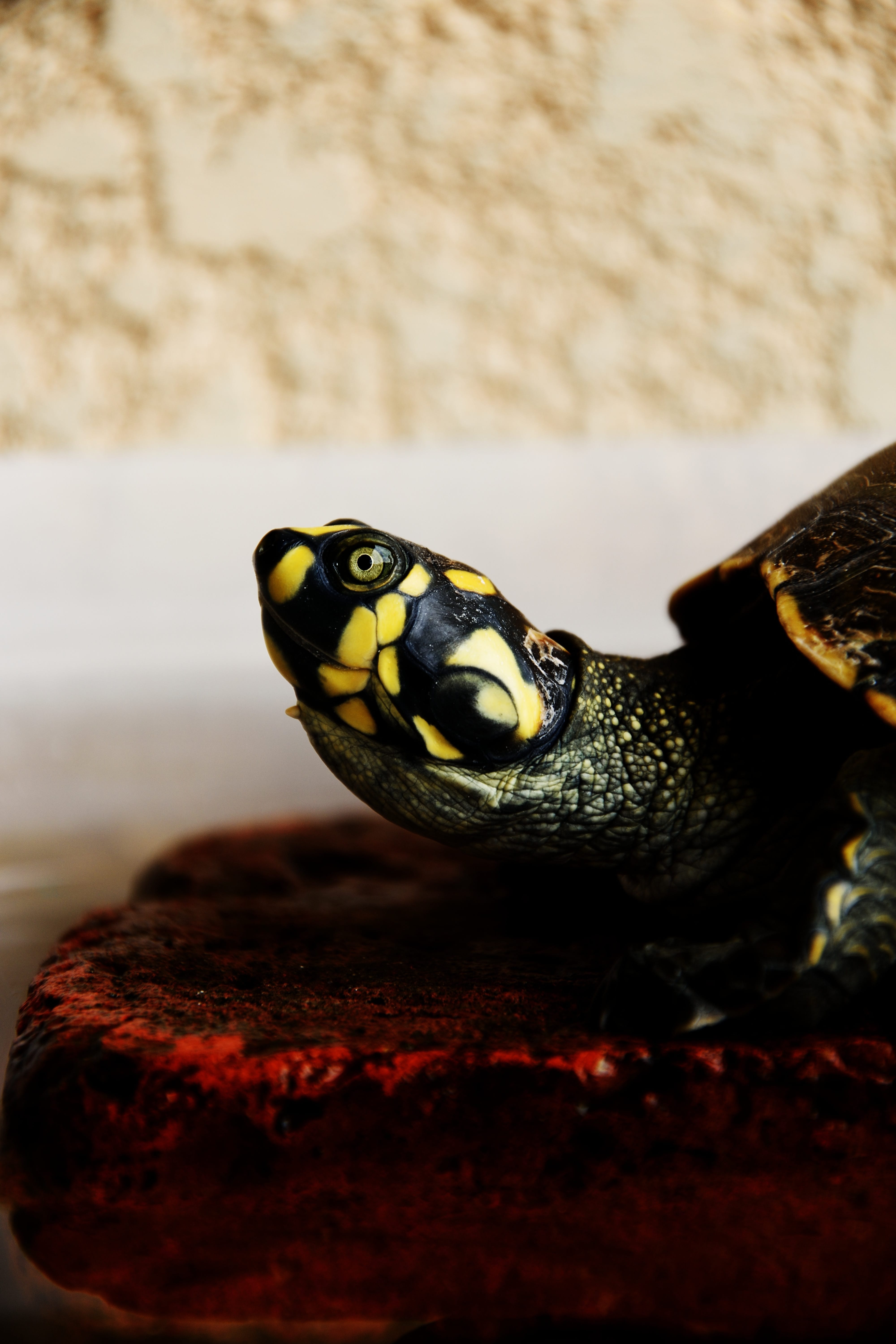Turtle Ownership More Dangerous Than Expected — Multistate Salmonella Outbreak
Pet turtles have been found to be the cause of a multistate Salmonella outbreak, making ownership of these cute and cuddly creatures more dangerous than expected, according to the Centers for Disease Control and Prevention (CDC). There have been a total of 37 cases across 13 states since March of this year. The epidemic has sent at least 16 individuals to the hospital for treatment and 12 cases were in children ages 5 and under. There have been no deaths reported so far.
Symptoms of a Salmonella infection include fever, abdominal cramps, and diarrhea. Those infected may experience chills, dehydration, fatigue, fever, or loss of appetite. Most recover after five to seven days of being severely sick. However, those with compromised immunity and weakened immune systems, including young children and infants as well as adults over the age of 65, are especially vulnerable to the infection and are more likely to carry it for a longer period of time.
The CDC estimates that reptiles, in general, are responsible for a whopping 70,000 cases of the dangerous infection every year. In nearly half of these cases, patients have had contact with a turtle. In interviews with current patients, 15 of 33 people who were infected interacted with pet turtles before becoming sick, according to the CDC. Six people said they either bought the turtles from a flea market, street vendor or received them as a gift, so the animals are difficult to return. These creatures carry salmonella bacteria on their shells or skin. The bacteria have no effect on the turtles themselves, only those who come in contact with them.

The CDC and the Food and Drug Administration (FDA) both recommend against buying turtles as pets altogether or giving them away as gifts. The FDA banned the sales of turtles with shells smaller than four inches back in 1975. This is still in effect. The CDC says turtles should not be in households with children, seniors, pregnant women or anyone with immune deficiency (including those undergoing chemotherapy treatment).
“This outbreak is expected to continue since consumers might be unaware of the risk of Salmonella infection from small turtles. If properly cared for, turtles have a long life expectancy,” the CDC advisory stated. In fact, all turtles can carry salmonella bacteria, making any size dangerous. In 2015, 133 cases of salmonella across 26 states were linked to small turtles and, in 2013, 473 cases across 43 states were linked to turtles.
The CDC has issued specific guidelines for ownership of turtles should one decide to go against the recommendation to stay clear altogether. The organization suggests giving the turtle free range in the house. An owner should not keep the pets near any kind of food or food preparation site and should never clean turtle aquariums or turtle supplies in a kitchen or bathroom sink. After cleaning in a tub, the area should be promptly disinfected. Anyone handling a turtle should wash their hands immediately afterward.
Wonder how the “turtle stealer” is feeling these days!
Sources:
Pet turtles blamed for multistate salmonella outbreak


Join the conversation!